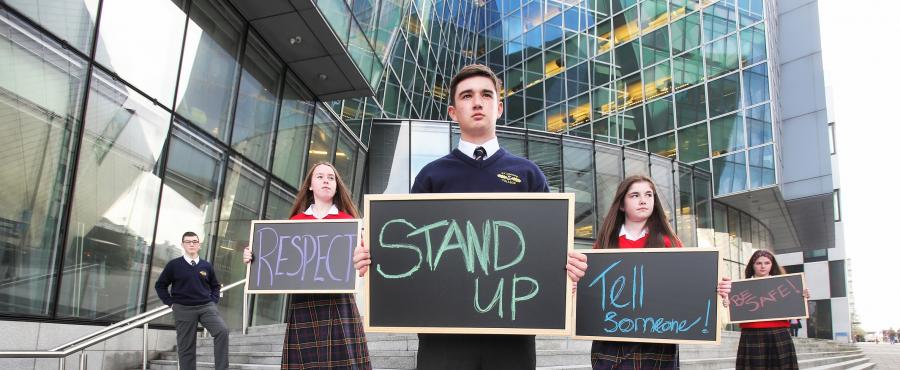
[dropcap]Facebook[/dropcap] has given €330,000 towards a three-year anti-bullying programme in DCU for post-primary schools across Ireland.
The programme was announced on October 17th, and is set to begin in January 2019. The partnership between the National Anti-Bullying Research and Resource Centre (ABC) in DCU will see an anti-bullying and online safety training programme offered to an estimated 800 post-primary schools.
“I welcome the fact that the focus is on providing training for teachers and parents who are both faced with the growing challenge of supporting students dealing with all the complexities and dangers associated with bullying, cyberbullying, and online safety,” said DCU President Brian MacCraith in a statement.
The ABC is a university designated research centre in DCU that builds on over 22 years of research.
ABC experts will give the training to teachers and parents of 12-17-year-old students through workshops and online modules. However, there have been some concerns about the impartiality of the education given the €330,000 funding from Facebook.
“Frankly, I am not impressed with this partnership and frankly, I question the motive behind it. In 2017 Instagram was the site where most incidents of cyberbullying occurred, yet its owners Facebook have done little in my opinion to address this. To me this appears to be a cosmetic effort,” said John Dwyer, founder of Let’s B Safe, an organisation that provides workshops to students about bullying, cyber-bullying and online safety.
A 2017 study from global anti-bullying charity Ditch the Label on cyberbullying found that 42% of young people surveyed had been cyberbullied on Instagram, a platform owned by Facebook.
“The Anti-Bullying Research and Resource Centre at DCU approached Facebook asking them if they would be willing to fund a programme they had developed based on their research and wanted to scale up. Facebook agreed to provide funding and have absolutely no involvement in the content, the operation or the administration of the programme,” said a spokesperson from DCU.
Through workshops and online modules, participants should be able to identify and understand bullying and develop the skills to support students when it comes to online safety.
“Making sure people feel safe when they come to Facebook is our most important responsibility, especially when it comes to young people. Through partnerships like this one, we know we can all better tackle the issue of bullying, whether offline or online,” said Julie de Bailliencourt, Facebook Global Safety Policy Manager in a statement.
Orla Dwyer
Image credit: DCU



